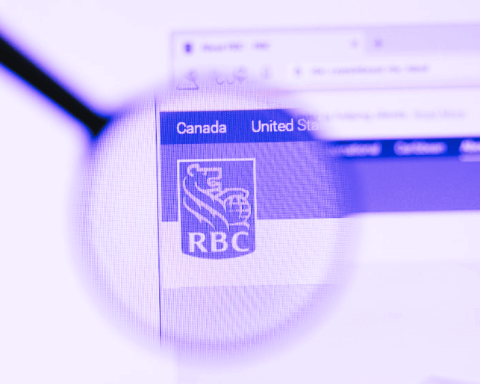The onslaught has already begun. Fund companies are laying the guilt on thick, ratcheting up the fear factor in a heated competition to manage the disproportionate number of dollars Canadians dole out this time of year.
Subjected to a carpet-bombing of dubious advertisements, the average person can make some bad choices during the chaos. Investors will frequently just hand their money over to someone they see prophesying on the business news about the direction of commodity markets or the next hot sector. Yet handing your retirement savings to a TV preacher hardly seems like a bright idea. So where does it all go wrong?
Unfortunately, the average investor does not have the time to penetrate the public relations sheen put on by many investment firms. Having personally met all the top-tier money managers in the country, it’s easy to see they fall into two camps—those serious about investing, and those intent on convincing others they are serious about investing.
The ones who make it a priority to thoroughly analyze the investments they purchase on behalf of mutual fund holders simply can’t get enough information when it comes to avoiding potential risks. A timely example is Canada’s recent switch to using International Financial Reporting Standards (IFRS). In essence, financial statements will now be written in a completely new language. Learning it should be a top priority for anyone who reads annual reports and makes investment decisions accordingly.
However, not all professional money managers are created equal. They naturally assume their investment stewards are completely up to speed on such a crucial issue. However, nothing could be further from the truth. Some fund managers do little groundlevel analysis in terms of assessing a variety of risks, including accounting issues. That function is farmed out to stock analysts and others, while money managers dedicate the majority of their time to polishing their sales pitch. Telling money managers their world is about to change because of accounting is the last thing they want to hear.
As a way of coaching themselves to deal with potential questions from their clients, the bad fund managers start to rationalize why nothing has changed, or why they won’t be impacted by a monumental revision to the financial lingua franca. Sometimes, bad managers are satisfied to consult someone who tells them they have nothing to worry about. Unfortunately, many consultants are as much in dark as the managers, or have conflicts of interest that make them more than happy to spread the message that there is nothing to worry about.
The head-in-the-sand mentality adopted by bad money managers is aided by the fact that investors don’t realize the risks being taken with their money. The average working guy can barely handle all the RRSP marketing nonsense, never mind follow up on risks their well-paid money manager might be grossly miscalculating.
Unfortunately, investors are the ones who will get taken to the cleaners when bad money managers severely underestimate the financial risks of IFRS. Such misses rarely come back to bite the managers themselves, especially when they can just plough ahead and get more assets under management by sounding smart and looking polished on TV.
To be blunt, you’re on your own here. Research the managers of the mutual funds you own. Get an idea of who they are. Are you giving your money to a pimped-out marketing machine, or to a hard-core, pencil-sharpening analyst who knows it’s not okay to take undue risks with other people’s money?







